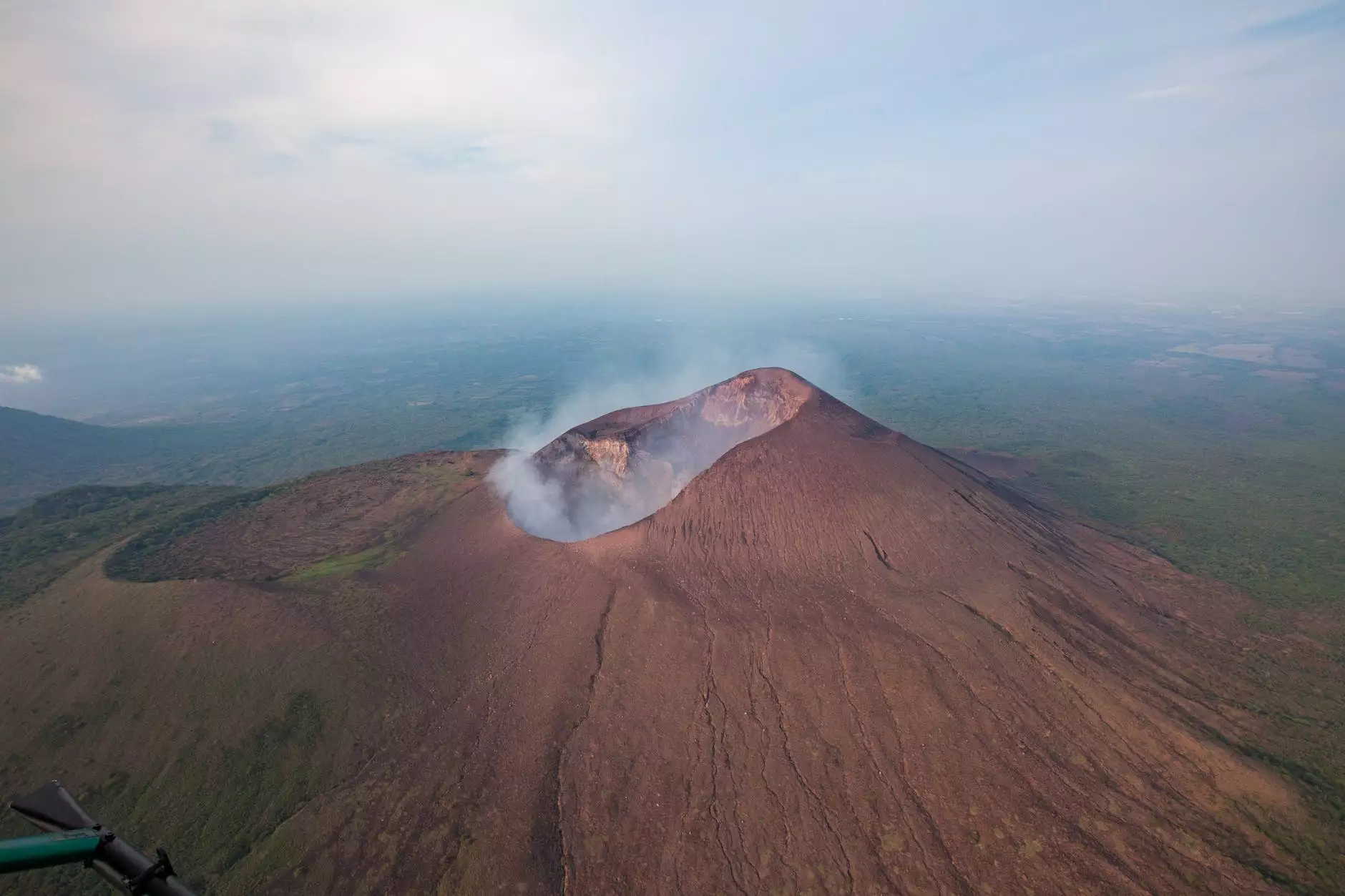Allergy – Central Valley Vet Hospital
Services
Understanding Horse Allergies
Horse allergies can be a concerning issue for horse owners and caretakers. Allergies are the body's abnormal response to certain substances, known as allergens. These allergens can range from environmental factors such as pollen, dust mites, and mold to certain feeds or medications. Understanding horse allergies is crucial in identifying symptoms and providing appropriate care.
Diagnosing Horse Allergies
Diagnosing horse allergies requires a comprehensive approach. At Central Valley Vet Hospital, our team of experienced veterinarians specializes in diagnosing and treating horse allergies. We utilize advanced diagnostic techniques, including skin tests and blood work, to identify specific allergens triggering allergic reactions in horses.
Common Symptoms of Horse Allergies
- Skin Irritation: Allergic horses may experience itching, hives, or rashes.
- Respiratory Issues: Allergies can manifest as coughing, wheezing, or nasal discharge.
- Digestive Problems: Some horses may develop digestive issues like diarrhea or colic due to allergies.
- Performance Decline: Allergies can affect a horse's overall performance and athletic abilities.
Treating and Managing Horse Allergies
Effective treatment of horse allergies involves a multi-faceted approach tailored to the individual horse. Our team at Central Valley Vet Hospital develops customized treatment plans that may include:
1. Environmental Management
To minimize exposure to allergens, we may recommend stable and pasture management techniques, such as proper ventilation, regular cleaning, and minimizing dust and mold accumulation.
2. Allergen-Specific Immunotherapy
Allergen-specific immunotherapy, commonly known as allergy shots, can help desensitize horses to specific allergens over time. This approach aims to reduce the severity of allergic reactions.
3. Medications and Symptomatic Relief
In certain cases, medications such as antihistamines or corticosteroids may be prescribed to control allergic symptoms and provide relief to the affected horse.
Preventing Horse Allergies
While it may not be possible to completely prevent horse allergies, some preventive measures can be taken:
1. Proper Nutrition
A well-balanced diet can boost a horse's immune system, making them less susceptible to allergies. Consult with our veterinary team to ensure your horse receives appropriate nutrition.
2. Regular Veterinary Check-ups
Regular check-ups and wellness visits allow our veterinarians to monitor your horse's health and identify potential allergies at an early stage.
3. Allergen Avoidance
Avoiding known allergens, such as certain feeds or bedding materials, can help reduce the risk of allergic reactions in susceptible horses.
Contact Central Valley Vet Hospital for Expert Allergy Care
If your horse is experiencing allergies or if you suspect your horse may have an allergic reaction, do not hesitate to contact Central Valley Vet Hospital. Our experienced veterinarians will provide a comprehensive evaluation and develop a personalized treatment plan to address your horse's specific needs. Don't let allergies affect your horse's comfort and well-being - schedule an appointment today!



